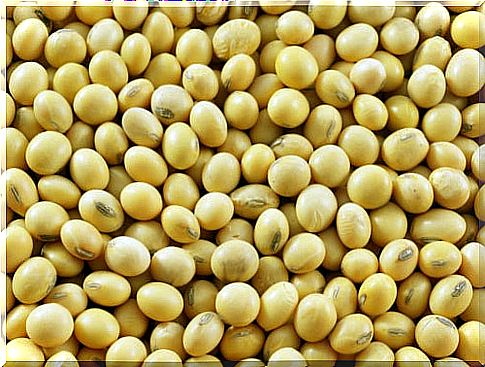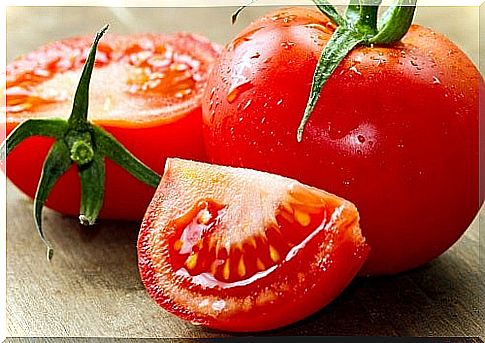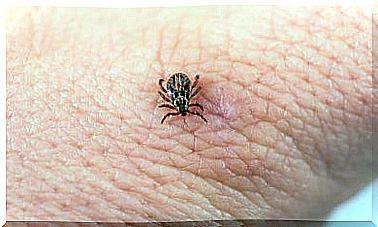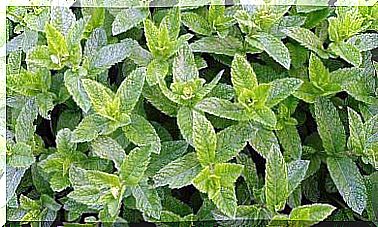What Are The Dangers Of Transgenic Foods
Transgenic foods are those that have a DNA alteration in their composition, which allows the creation of mutations with certain predetermined and preconceived characteristics.
Unlike the natural ones, which are brought from the crops, this type of food has an alteration in the laboratory that affects the entire product and the harvest. They are foods created from biotechnology, capable of transferring a gene from one organism to another to give it some quality that it does not normally have.
Currently, some meat foods with genetic alterations are already becoming known, but most transgenic foods are of plant origin, such as fruits, grains and cereals.
A practice that has been generating controversy for years. At first, the idea of modifying food seemed to be a great idea to favor the consumer, solve problems of world hunger and even favor agriculture
However, research has found that these types of altered foods can pose health hazards and affect agricultural industries. Their disadvantages have even become a social problem, among those who promote the use of these products and those who want to preserve natural foods.
What are the health effects of GM foods?
After long investigations, experiments and studies, the following possible negative effects of transgenic foods have been found so far :
- Appearance of allergies, because these foods contain new toxins and allergens with a negative impact on the body. One test was the case of Starlink corn (2000) in the United States. Traces of unauthorized transgenic corn were found in the food chain that could have caused serious allergic reactions.
- Appearance of genes resistant to antibiotics in bacteria that are pathogenic for the organism. This means that some of the bacteria will be given the strength they need to be immune to certain drugs.
- A study carried out in Austria showed that these foods reduce fertility capacity, because in an experiment carried out with mice, it was concluded that those who were fed genetically modified corn were less fertile compared to those who ate natural corn .
It is true that in the long term it has not been possible to establish the health risks that the consumption of transgenic foods can have. However, it is suspected that they can influence the appearance of certain diseases.
What other dangers do GM foods have?

The dangers that GM foods currently have go beyond what they can cause to health. Although the field of health is very important and remains a subject of research, there are also other important risks that are debated day by day among nations and organizations concerned about the situation.
They affect the environment
The transgenic crops imply the increase in the use of toxic products in agriculture. These types of products can not only affect the transgenic product, but also seriously affect traditional varieties, ending them and causing an irreversible loss for biodiversity.
There have been cases in which farmers have been forced by law to only grow transgenic seeds and, as a consequence, traditional seed has been lost.
They have a negative impact on the economy
The development of transgenics is in the hands of a few multinational companies that, for the moment, continue to expand globally and that in a matter of time could end up taking over the world seed market and, obviously, the production of the food.
These types of products tend to have a greater impact on the market, since the alterations allow the creation of products with characteristics that greatly attract the consumer.
In addition, they tend to be cheaper and are ending the production of those farmers who plant and harvest natural products, but that cannot be sold at prices as low as transgenics.
What are the most common GMO foods?

Currently, the large multinationals continue working to obtain more transgenic foods, even with meat products. Here are some of the most common GMO foods on the market.
- Corn and all its derivatives (flours, bran, oil, syrup, among others),
- Soy and its derivatives
- Cotton
- Potatoes
- Sugar cane
- Rice
- Long-lasting tomatoes, peppers
- Strawberries, pineapples
Now we propose a reflection and a final question: Are you for or against the use of these genetically modified seeds?









